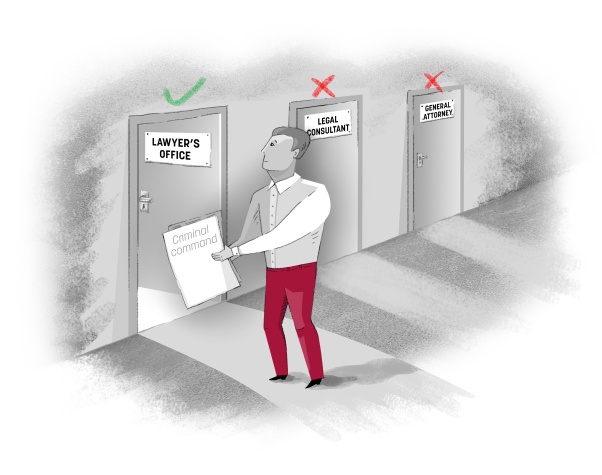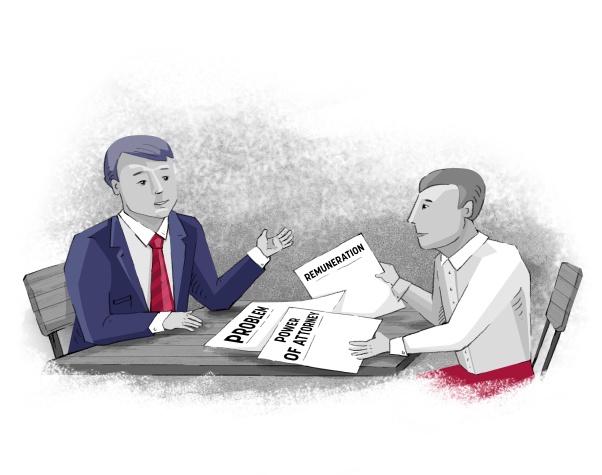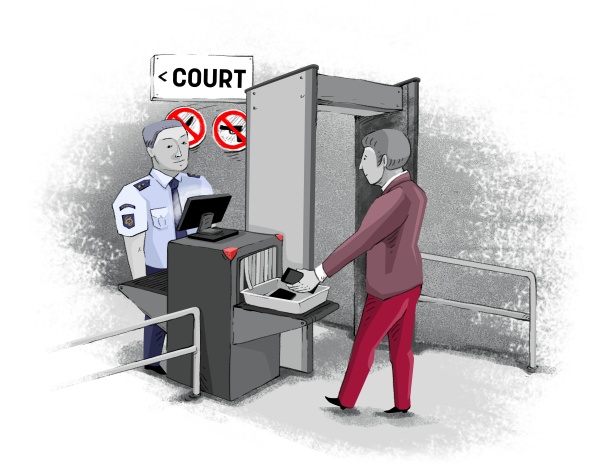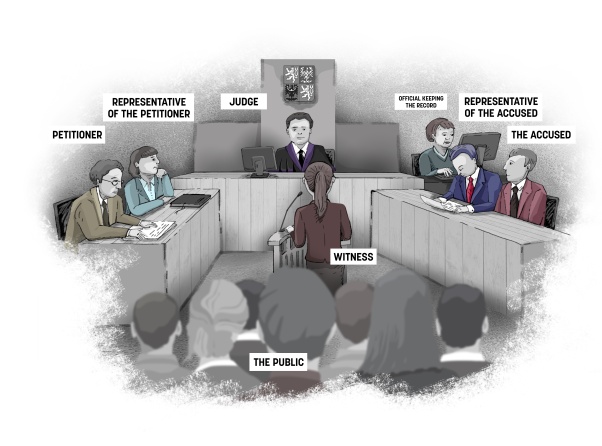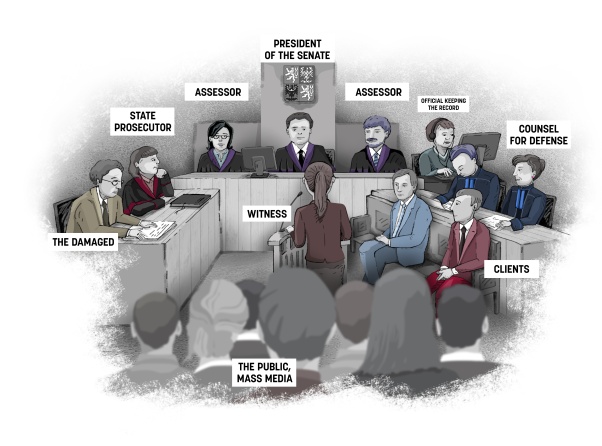Legal Issue
If we have a legal issue, we contact a lawyer. He is insured, bound by the obligations laid down for this profession, such as, in particular, his confidentiality, obligation to refrain from any conflicts of interest, and performance level. His professional skills are verified both by meeting the requirements before being recorded in the Lawyer Register and by market references.
Agency activities in any sports, security, culture, or real estate activities do not meet the specified requirements. In principle, legal services are only provided by lawyers, with the exception of notaries, etc. Tending to other people’s legal matters on a regular basis and for a fee represents the provision of legal services, and only a lawyer is authorised to do so. That is why we will seek one.
